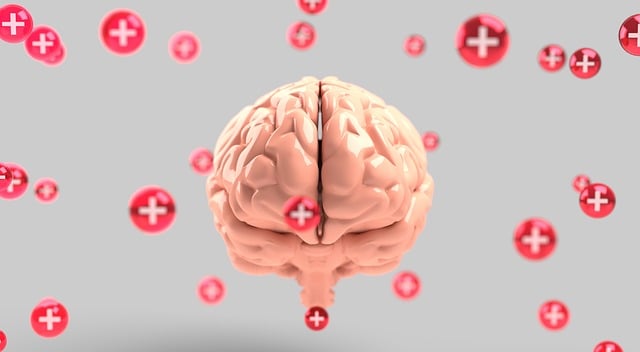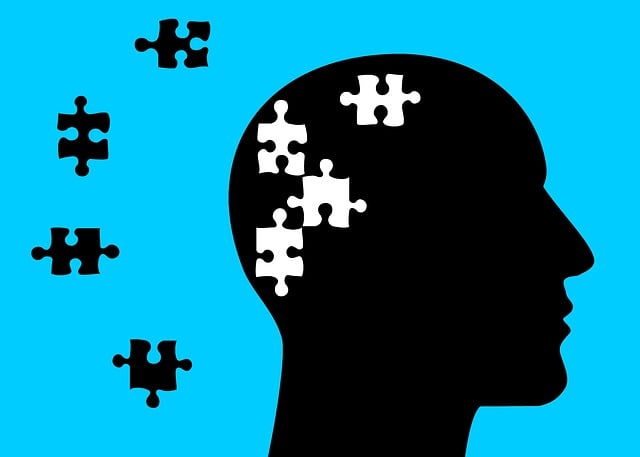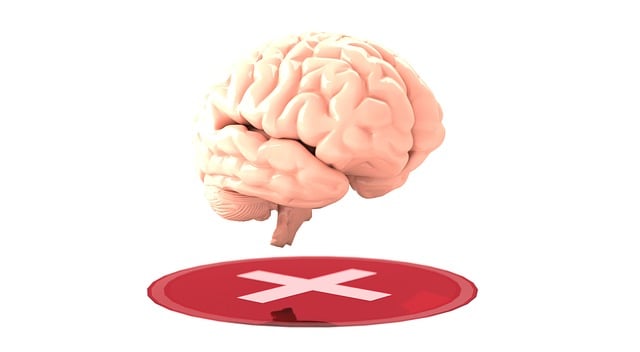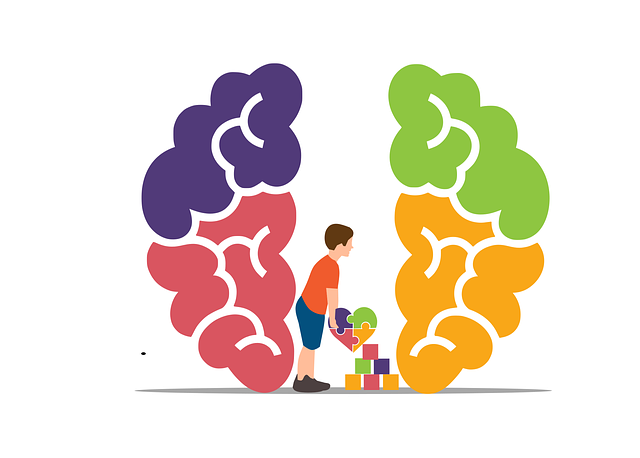Evaluating mental wellness programs for therapy for young adults, adolescents, and teens involves a multi-faceted approach combining participant feedback, KPIs like participation rates and symptom improvements, standardized assessments, and long-term follow-ups. By tracking changes in anxiety, depression, coping skills, self-esteem, academic performance, and relationships, professionals ensure these programs effectively address the unique challenges faced by this demographic, fostering improved mental wellness.
Mental wellness programs designed for young adults, adolescents, and teens play a crucial role in fostering resilience and overall well-being. This article explores effective evaluation methods to assess the impact of such initiatives. We delve into key performance indicators (KPIs) and metrics, emphasizing pre-post assessments and long-term follow-ups for gauging success. Additionally, we discuss strategies for incorporating participant feedback through surveys, interviews, and focus groups to enhance program design. Finally, a review of evidence-based therapies tailored for this demographic offers insights into what works best, guiding the development of impactful mental wellness programs.
- Assessing the Effectiveness of Mental Wellness Programs for Young Adults
- – Discussion on key performance indicators (KPIs) and metrics to measure success.
- – Importance of pre-post assessments and long-term follow-ups.
Assessing the Effectiveness of Mental Wellness Programs for Young Adults

Evaluating the effectiveness of mental wellness programs tailored for young adults is essential to understanding their impact on improving overall well-being. This demographic often faces unique challenges, such as academic pressures, social expectations, and identity formation, which can contribute to heightened stress levels, anxiety, and other mental health concerns. Therefore, assessing these programs becomes critical in gauging their success in mitigating such issues.
One effective method is through participant feedback, where individuals who have undergone therapy for young adults, adolescents, and teens share their experiences. This qualitative data provides insights into the program’s ability to foster empathy building strategies, anxiety relief, and stress management skills. By analyzing their testimonials, researchers can identify successful components and areas that require enhancement, ensuring continuous improvement in these mental wellness interventions.
– Discussion on key performance indicators (KPIs) and metrics to measure success.

Evaluating the success of mental wellness programs for young adults, adolescents, and teens requires a comprehensive approach that goes beyond self-reported satisfaction. Key performance indicators (KPIs) such as participation rates, client retention, and improvements in specific symptoms or behavioral outcomes are essential metrics to measure the program’s effectiveness. For instance, tracking the reduction in anxiety or depression scores over time through standardized assessments can provide quantifiable evidence of the therapy’s impact.
Additionally, mental wellness coaching programs should focus on measurable goals related to development, stress reduction methods, and mood management strategies. These might include increases in adaptive coping skills, enhanced self-esteem, improved academic performance, or better relationships with peers and family. By utilizing these KPIs and metrics, mental health professionals can ensure that their programs are achieving the intended outcomes and making a tangible difference in the lives of young individuals.
– Importance of pre-post assessments and long-term follow-ups.

Evaluating the effectiveness of mental wellness programs is a multifaceted process, with pre-post assessments and long-term follow-ups playing a pivotal role in understanding their impact on young adults. These methods allow for a comprehensive analysis by comparing an individual’s mental health status before and after therapy, providing valuable insights into the program’s efficacy. By assessing changes over time, researchers and practitioners can gauge whether the interventions are leading to sustainable improvements in adolescent and teen clients’ well-being.
Long-term follow-ups are particularly crucial when examining crisis intervention guidance and stress reduction methods. This extended monitoring helps identify any lingering effects or potential relapses, offering a more holistic view of the program’s success. Such assessments are essential for refining existing mental wellness programs and tailoring them to better meet the unique needs of young adults navigating their emotional and psychological development.
Evaluating mental wellness programs is paramount to ensuring their effectiveness in supporting young adults, adolescents, and teens through therapy. By utilizing key performance indicators (KPIs) and metrics, such as pre-post assessments and long-term follow-ups, we can gain valuable insights into the success of these initiatives. These methods allow us to track progress, identify areas for improvement, and ultimately enhance the well-being of young people seeking mental health support.














